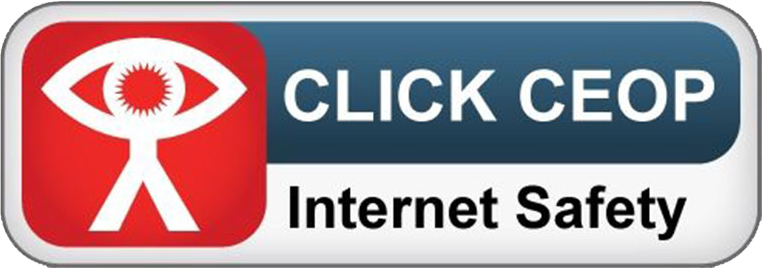At Three Ways, the Design and Technology curriculum combines skills, knowledge, concepts and values to enable children to tackle real problems. Students focus on critical analysis, problem solving, practical capability and evaluation skills.
Our design and technology semi-formal and formal curriculum aims are to ensure that all pupils:
· develop the creative, technical and practical expertise needed to perform everyday tasks confidently
· build and apply a broad range of knowledge, understanding and skills in order to design and make prototypes, products and dishes for themselves and a wide range of users
· critique, evaluate and test their ideas, products and healthy meals and the work of others
· learn how to safely take risks and be resourceful using innovation and enterprise to become capable citizens
· make links to other subject areas so that pupils notice connections and patterns in their learning
· understand and apply the principles of nutrition and learn how to cook
· understand the impact of design and technology on daily life and the wider world
Our DT curriculum programme starts in the primary department and is designed to provide technological learning experiences which stimulate interest and enjoyment through experimentation and play.
This ‘play’ is related to the Design Technology National Curriculum and linked to the Equals learning intentions through the following.
· Starting to use tools.
· Developing psychomotor skills and beginning to use technological language.
· Using construction and manipulation kits, STEM toys and resources differentiated to fit learner needs.
· The promotion of object manipulation.
· Exploring the use of tools fit for purpose.
· Design exploration.
· Connecting and constructing and exploring reactions and component parts.
· Thinking and problem solving.
As pupils progress the curriculum becomes more formal and structured. Using creativity and imagination, pupils design and make products that solve real and relevant problems, within a variety of contexts, considering their own and others’ needs, wants and values. Pupils are taught to select and use appropriate tools safely and effectively to make a product.
The school has a well-equipped Design & Technology workshop with tools and resources specifically designed or adapted to maximise accessibility, safety and enjoyment.
When pupils enter the upper school, the majority formalise their learning with accreditations from the WJEC and AQA examination boards.
At Three Ways we believe in instilling a love of cooking in pupils and introducing them to a broad range of skills, healthy ingredients, dishes and food-based experiences. We also know that eating well improves academic performance and wellbeing and this is delivered across the school in line with our school food policy. We follow the National curriculum and the British Nutrition Foundation Food For Life program. Proudly contributing case studies of our work for both the primary and secondary documents on characteristics of good practice in food education.
Learning how to cook is a crucial life skill that:
· enables pupils to feed themselves and others affordably and well, now and in later life
· enables pupils to find pathways towards independence
· has the potential for future employability and careers in catering and hospitality
· provides life and living skills for independence
· fosters the enjoyment of growing, cooking and eating good food
Our Food technology semi-formal and formal curriculum aims to ensure that all pupils:
· explore food and ingredients using their senses
· is personalised and inclusive to their needs
· use the Eatwell Guide and the basic principles of a healthy and varied diet to prepare dishes
· prepare and cook a variety of predominantly savoury dishes using a range of cooking techniques
· understand where food comes from through trips to farms, supermarkets, gardens, cafes, our community and other growing and learning opportunities
· understand the source, seasonality and characteristics of a broad range of ingredients
In early years and primary we encourage pupils to use their senses to explore a broad range of fruits and vegetables in a variety of different settings. Introducing basic techniques that develop dexterity and gross and fine motor skills to prepare basic snacks and meals. Students’ progress through their own skills and abilities and at Key stage 3 they develop a range of skills and abilities to become competent in a range of cooking techniques. They select and prepare ingredients, use utensils, electrical and adaptive equipment and apply heat in different ways. They use their awareness of taste, texture and smell to decide how to season dishes and combine ingredients to create their own recipes. At Key stage 4 students continue to focus on independence and work skills. This is to prepare them for life and in some cases placements in Café 3 based on the school site and the wider community with accreditations from the WJEC exam board.



